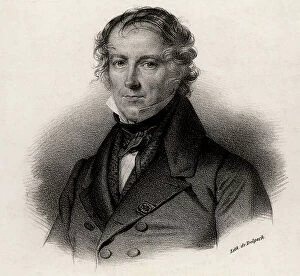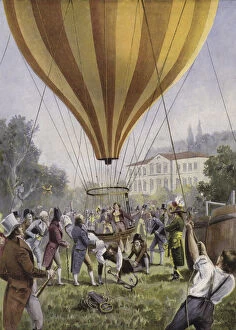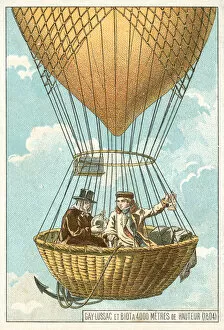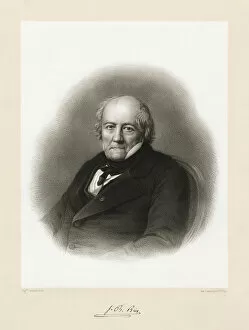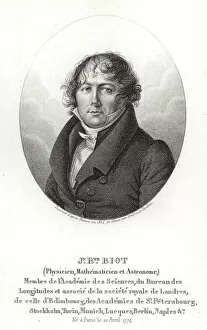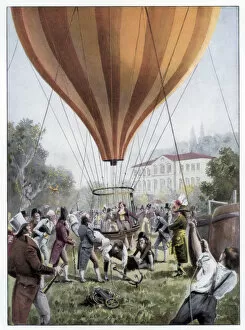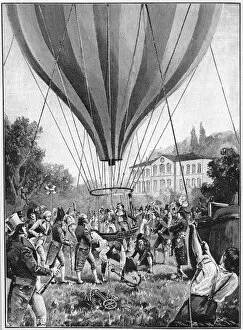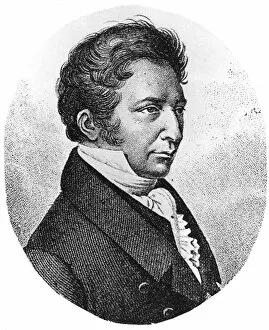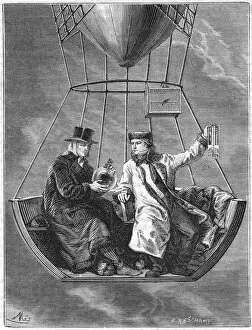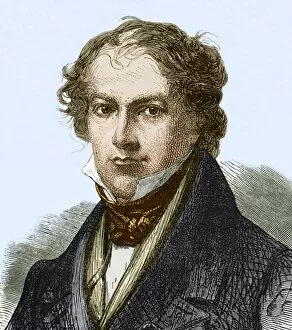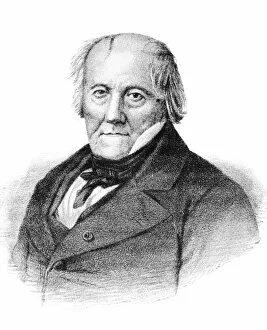Jean Baptiste Biot Collection
Jean Baptiste Biot was a French physicist, astronomer, and mathematician who made significant contributions to the fields of optics, magnetism, and astronomy
All Professionally Made to Order for Quick Shipping
Jean Baptiste Biot was a French physicist, astronomer, and mathematician who made significant contributions to the fields of optics, magnetism, and astronomy. Born in Paris in 1774, Biot's early interest in science led him to study at the prestigious École Polytechnique before embarking on a successful career as a researcher and educator. Biot is perhaps best known for his work on the polarization of light, which he studied extensively and helped to advance our understanding of how light behaves. He also conducted groundbreaking experiments on magnetism, discovering what is now known as Biot-Savart law. In addition to his scientific achievements, Biot was an accomplished astronomer who participated in several expeditions to observe solar eclipses and study comets. His observations helped to improve our understanding of celestial bodies and their movements. Throughout his life, Biot received numerous accolades for his work, including being elected as a member of the prestigious Académie des Sciences. His legacy continues to inspire future generations of scientists and researchers who seek to push the boundaries of knowledge in their respective fields. Jean Baptiste Biot's contributions have left an indelible mark on the world of science and continue to be celebrated today.

